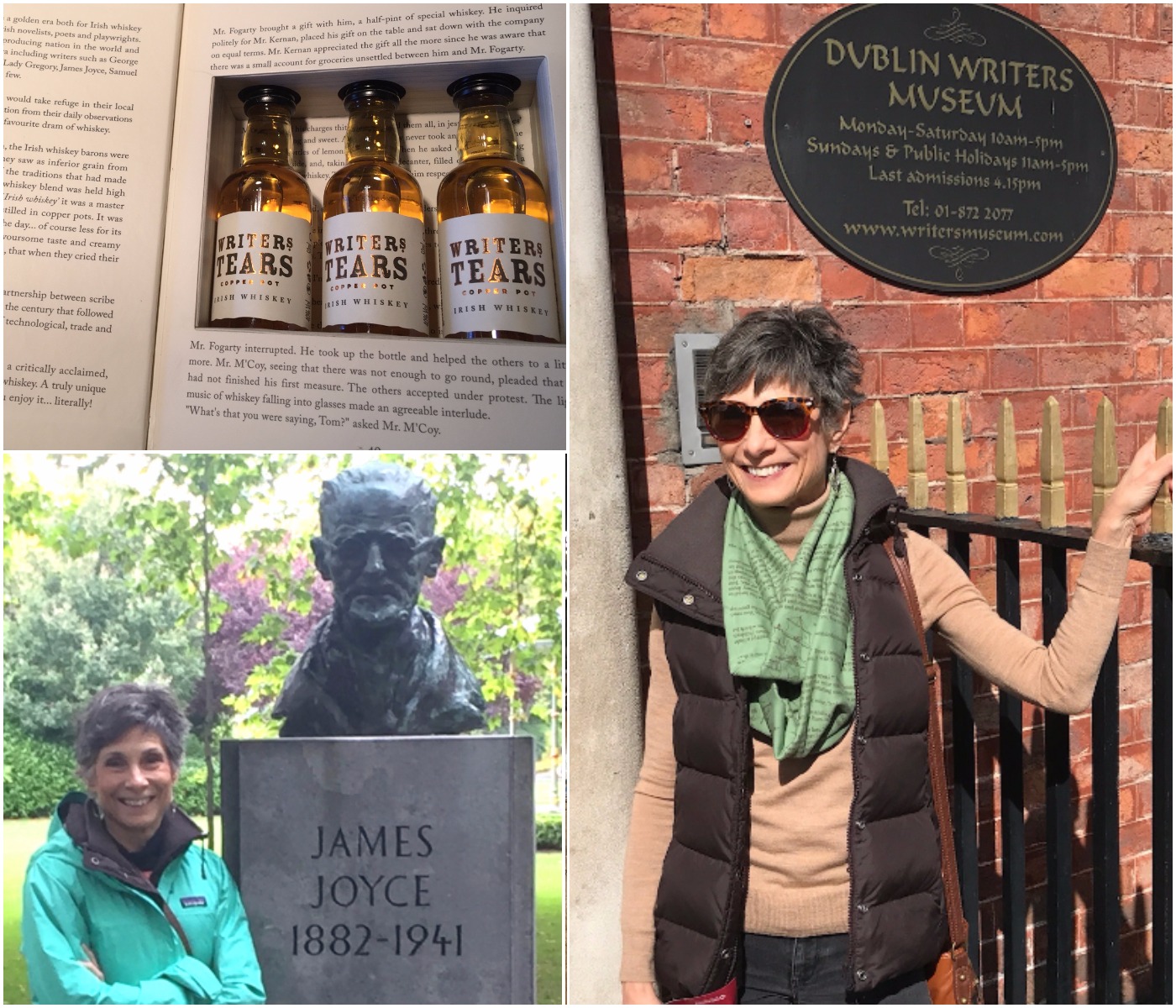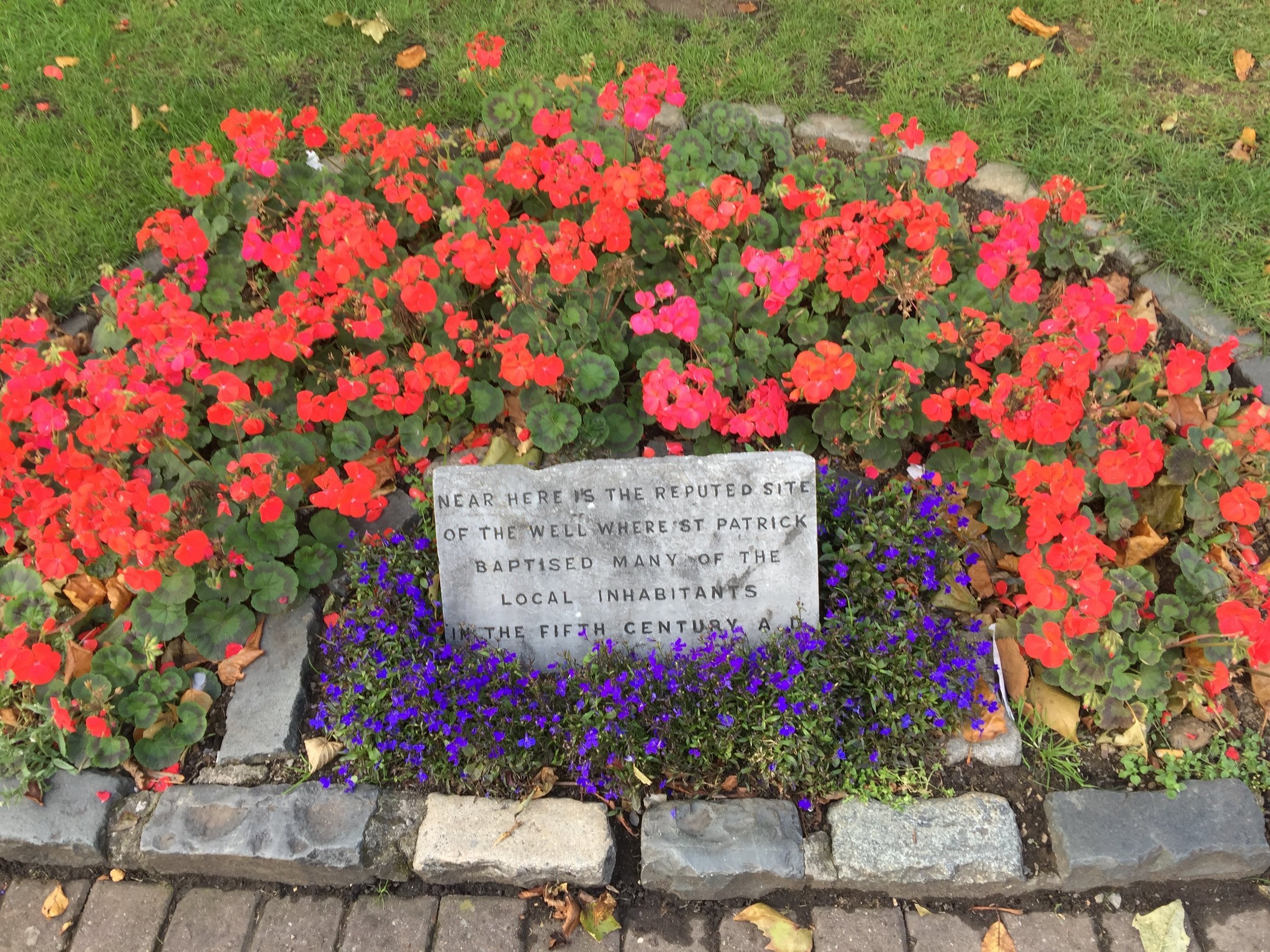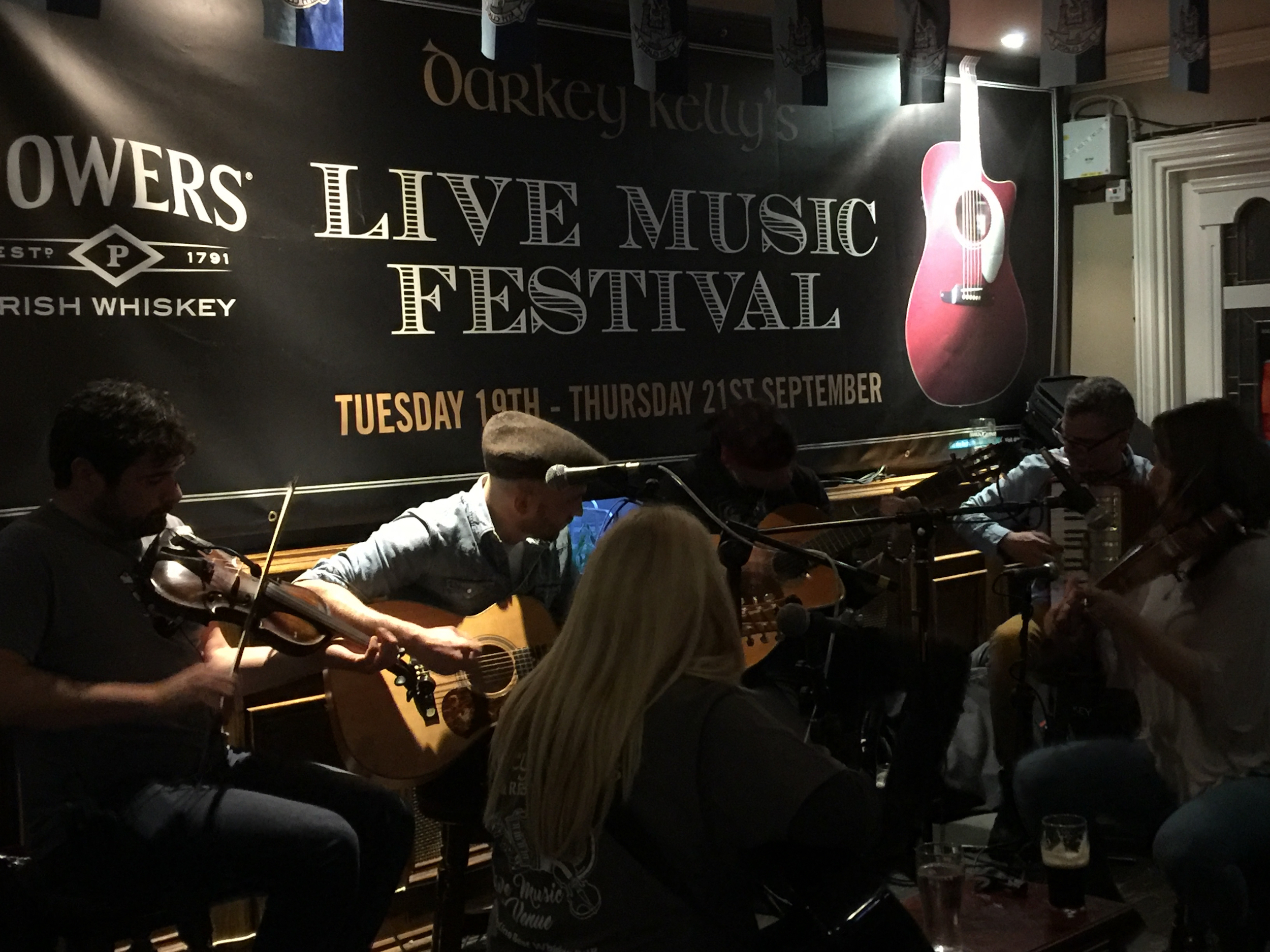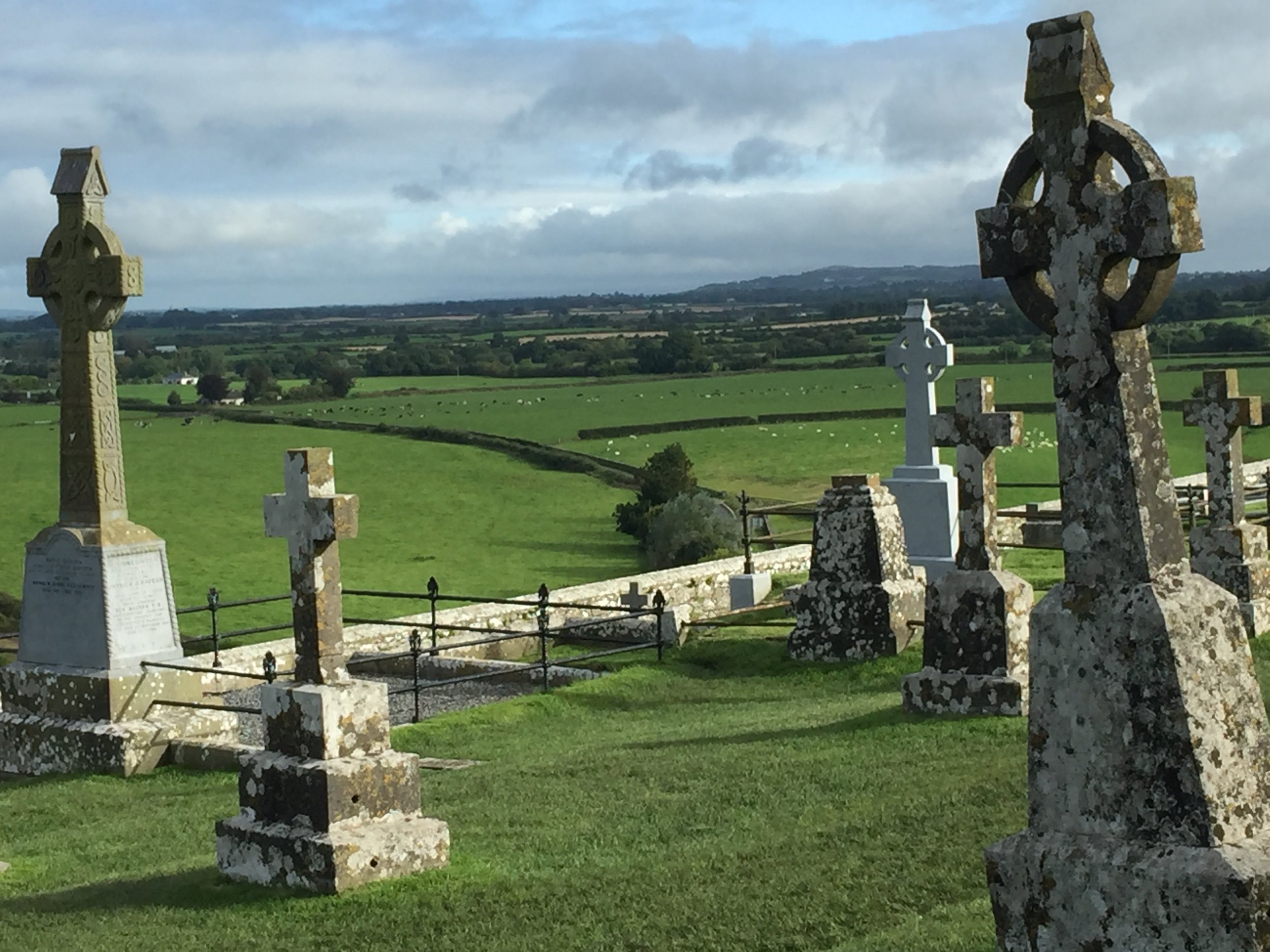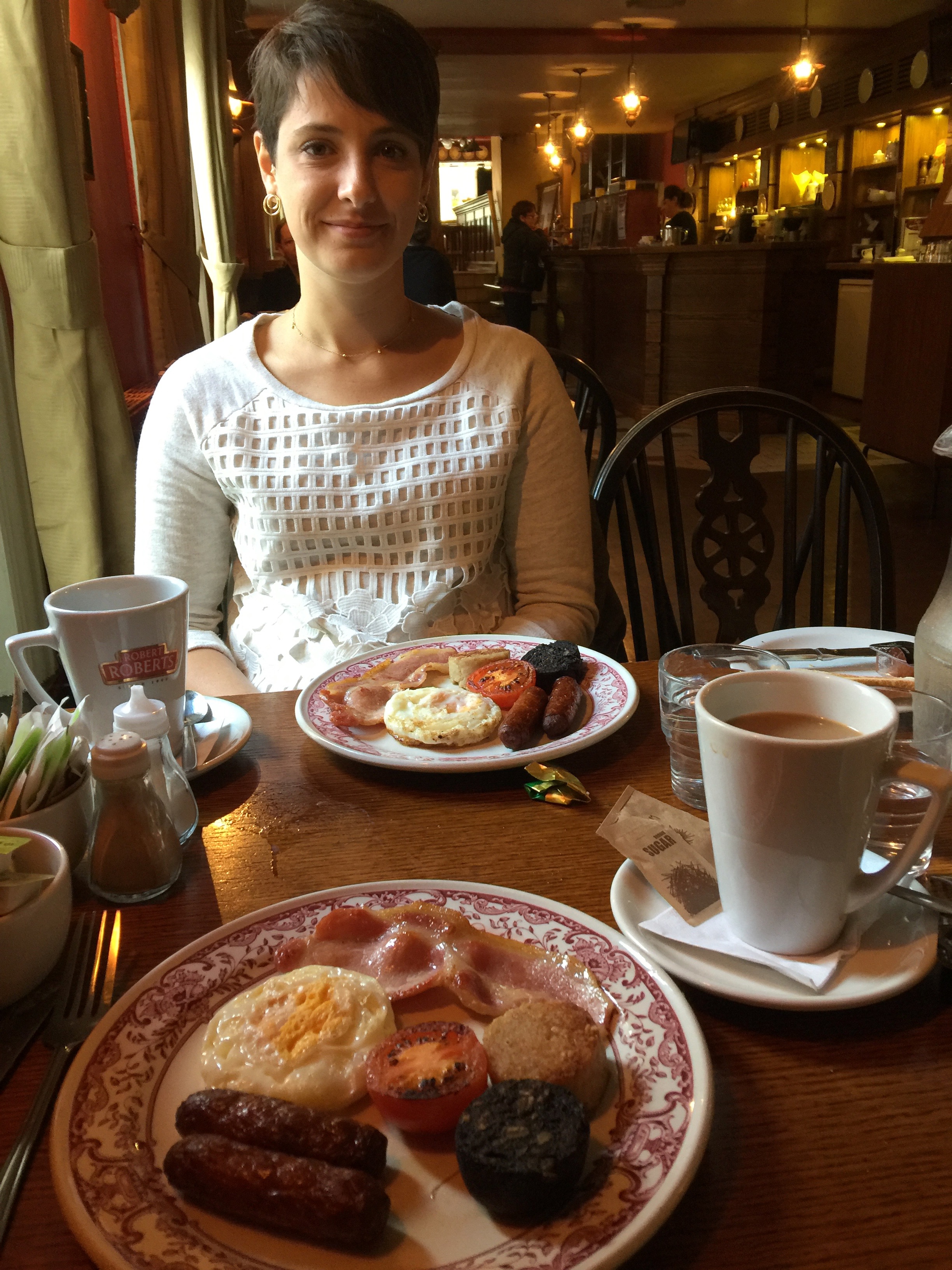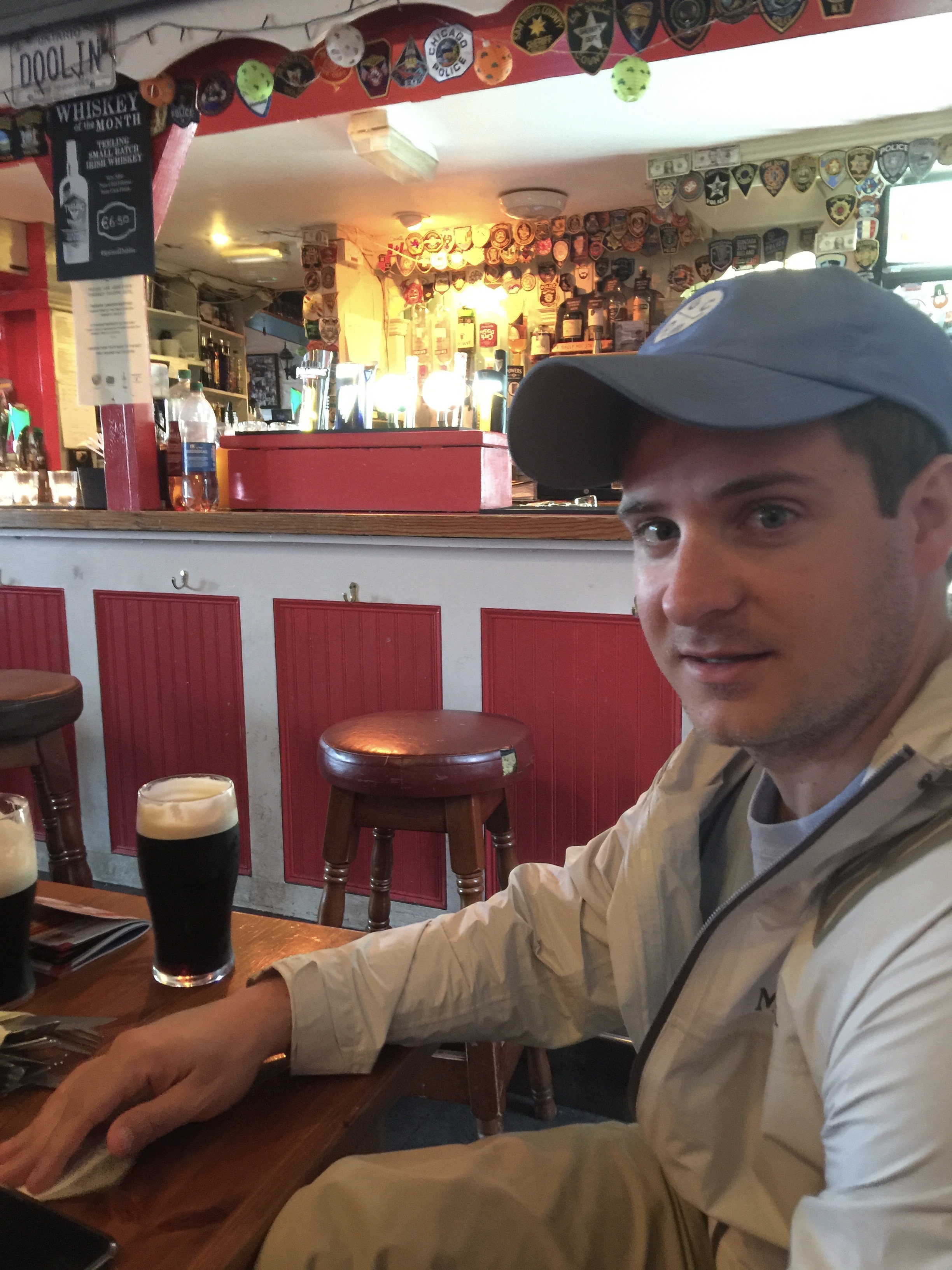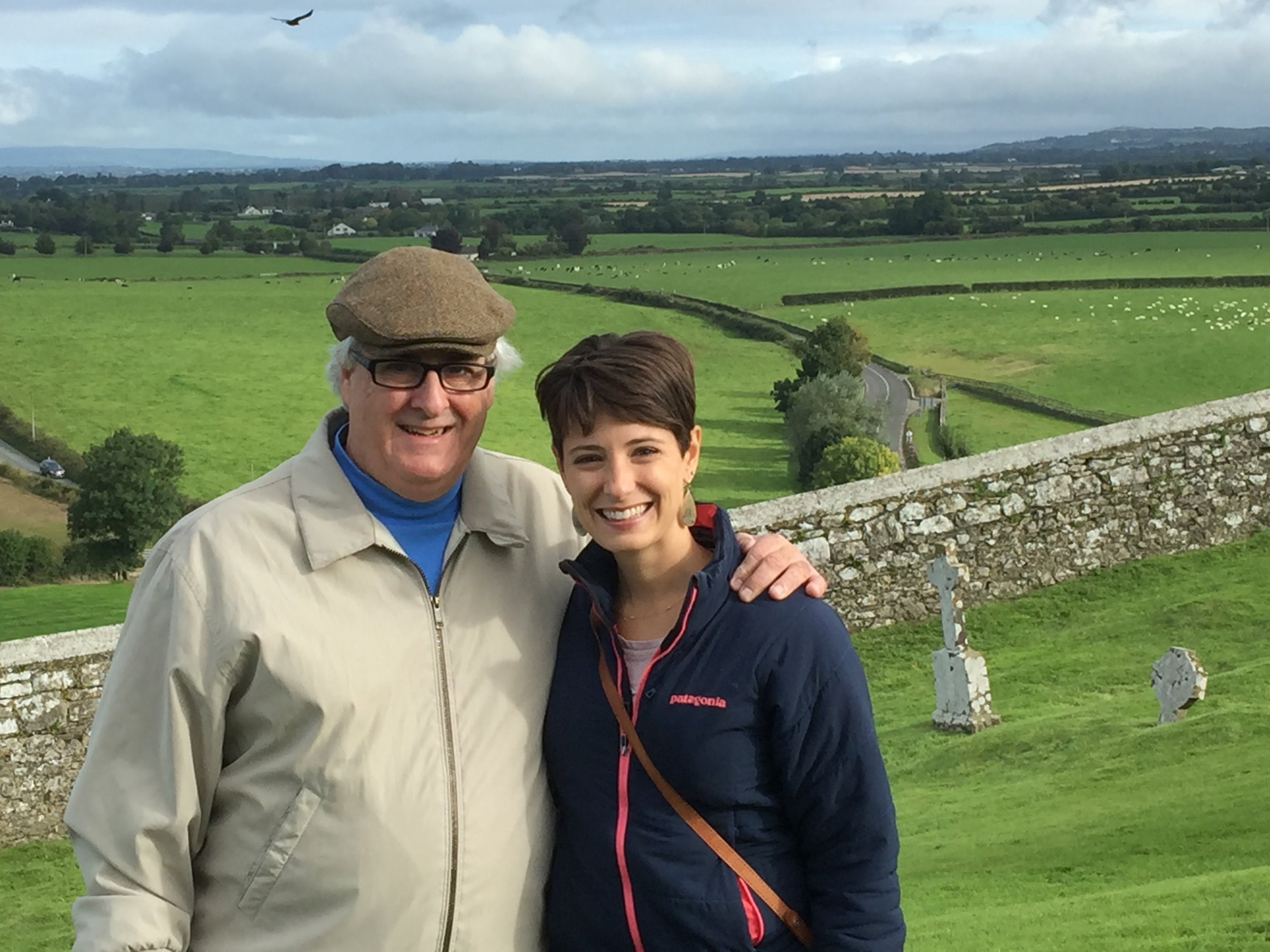Midway through 2017, here are my top three reads. See my reviews below and give these great novels a try.
THE NEST
As a writer, I read with a highlighter, constantly marking metaphors I love, descriptions of characters that make them easy to know, paragraphs that skillfully and unobtrusively establish a theme or point worth remembering, and moments that move me, whether to laughter or tears. My copy of Cynthia D'Aprix Sweeney's darkly comic THE NEST is so full of yellow markings now, that my friends will want to borrow someone else's or buy their own.
Every dysfunctional family is dysfunctional in its own way, and the Plumb siblings--Leo, Bea, Jack, and Melody (divorced, single, gay, and married)--are vividly and originally so. Secondary characters are just as well-drawn, and New York City, where all live, is a vibrant part of the story.
The plot is set in motion by Leo, who abandons his wife at a wedding reception, seduces a young waitress, and plows his car into an SUV. He's driving and the waitress is...well...imagine. A need for hush money arises and depletes the about-to-be-distributed nest egg that all four siblings have counted on for financial security dreams. Prior to a joint meeting with Leo to insist on repayment, the other siblings prepare by having a drink, not together, or knowingly. We meet each one in a different New York bar. Therein, the tone of this hilarious, highly readable novel is set. Ms. Sweeney tied things up neatly in the end, in a bow that I found satisfying, credible, and not over sentimental. Year-to-date, THE NEST is one of my favorite novels.
NEWS OF THE WORLD
Paulette Giles had me at page one of News of the World, and held me with her poetic prose, voice, scene setting, dialogue that always rang true, meticulous but unobtrusive historical detail and, most of all, with action and story—just pure story. I didn't read. I rode with Captain Jefferson Kyle Kidd from Wichita Falls to San Antonio, Texas in 1870, as he returned 10-year-old Johanna, a four-year-captive of the Kiowa Indians, to her family. Dust, heat, stars, danger, weariness, fear, excitement—I was part of it all and hated to leave the characters I came to love along this 214-page trail.
MY NAME IS LUCY BARTON
I didn't read a novel with a character named Lucy Barton. Lucy Barton spoke to me over the course of 200 pages and a couple of days. Her voice is that real, that human, that distinct. As she lies in a hospital bed, conversing with her estranged mother for the first time in years, Lucy reflects on their relationship; her childhood of extreme poverty and abuse, of shame and separateness; and even many aspects of the human condition -- all of this in author Elizabeth Strout's spare, quiet, yet remarkably resonant prose. Lucy recognizes that: "Lonely was the first flavor I had tasted in my life, and it was always there, hidden inside the crevices of my mouth, reminding me." Her mother, also an abused child, remains distant and hurtful in small, unintentional ways. Though she is unable to say to her daughter, "I love you," Lucy recognizes that "It was the sound of my mother's voice I wanted most; what she said didn't matter." Lucy finds exuberant joy in the smallest of kindnesses: a boy opening a door for an old woman, the touch of her gentle doctor's hand upon her head. She tells of "falling in love" with a grade school teacher because he would not tolerate any student feeling superior to another. As for me, I fell in love with Lucy Barton, a new friend whose voice I listened to for days. I loved her resilience and the wisdom she imparted: "No one comes from nothing." "We can never understand a person fully." The roots of family are always "twisted tenaciously around one another's hearts." This is a lovely, moving read.









